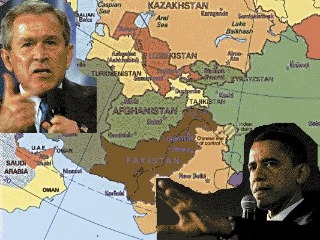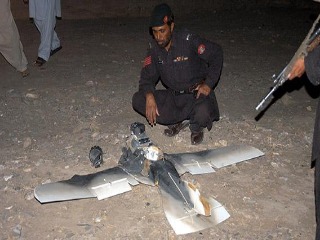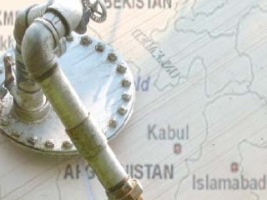AWOL: U.S. Policy in Central Asia
By Stephen Blank (the 30/10/2013 issue of the CACI Analyst)
The U.S. has decided to give up the base at Manas, presumably because that base is not worth retaining once it leaves Afghanistan next year, and will relocate the base to Romania. Washington is instead moving most of its logistics through Pakistan, with a corresponding decline in the use of the Northern Distribution Network. Once U.S. forces leave Afghanistan there will be no military presence in Central Asia to speak of. Second, the TAPI gas pipeline from Turkmenistan through Afghanistan and Pakistan, nominally the centerpiece of America’s New Silk Road initiative, languishes for lack of any financing.

“CACI Analyst, October 2, 2013”
Pakistan's Drone Dilemma
Rizwan Zeb (the 02/10/2013 issue of the CACI Analyst)
The drone attack killing in early September 2013 of Mullah Sangeen Zadran, who had been a U.S. target since 2011, is hailed as evidence of the effectiveness of drone strikes in the war on terror. Islamabad has decided to raise the drone issue at the UN, although it is debatable what objectives this will serve. Nawaz Sharif’s government wants to improve its relations with the U.S., a difficult objective considering the growing anti-Americanism in Pakistan due to these drone strikes. The drone issue is a serious complication in Pakistan-U.S. relations and puts Pakistan’s ability to support the withdrawal from Afghanistan into question.

TAPI: Time for the Big Push
by Gulshan Sachdeva (07/10/2013 issue of the CACI Analyst)
Despite many positive developments in the last few years, the future of the ambitious TAPI gas pipeline project is still in doubt. All four partner countries are making serious preparations for the project. However, the uncertainty surrounding post-2014 Afghanistan has dampened the motivation among major energy companies to act as lead consortium partners of the project. In these circumstances, multilateral agencies like the Asian Development Bank may have to play a crucial role in salvaging the project. Likewise, if the U.S. administration is serious about its support for TAPI, it should put its full diplomatic and financial weight behind it.



